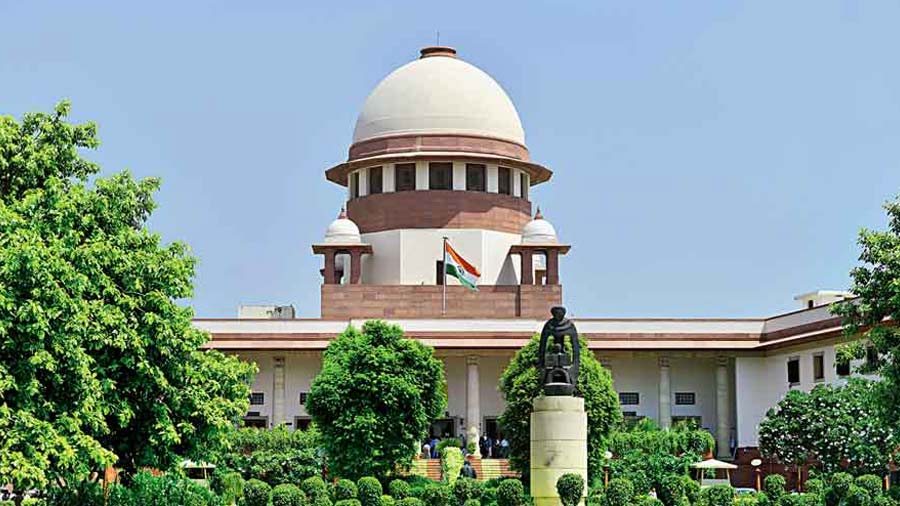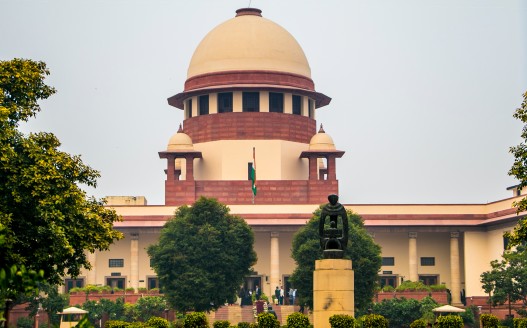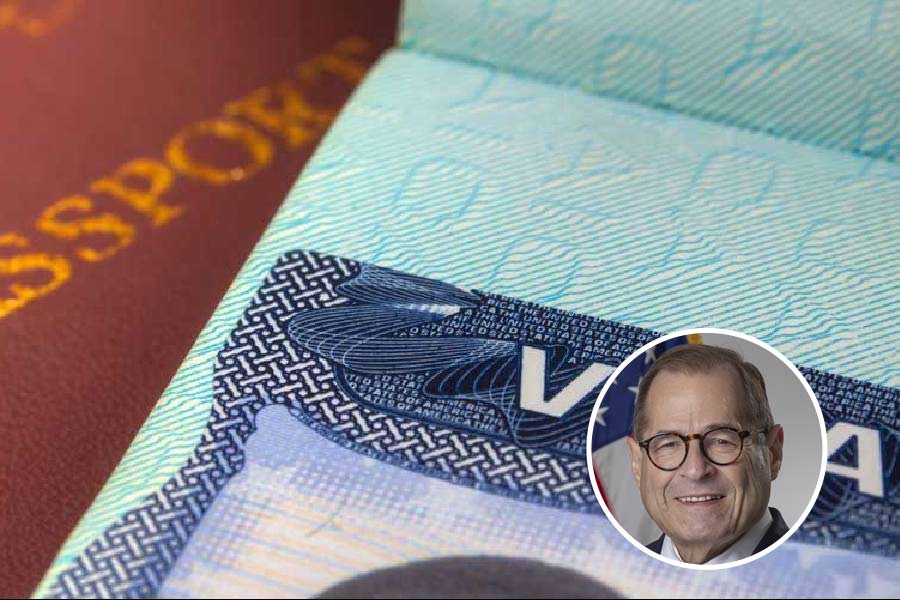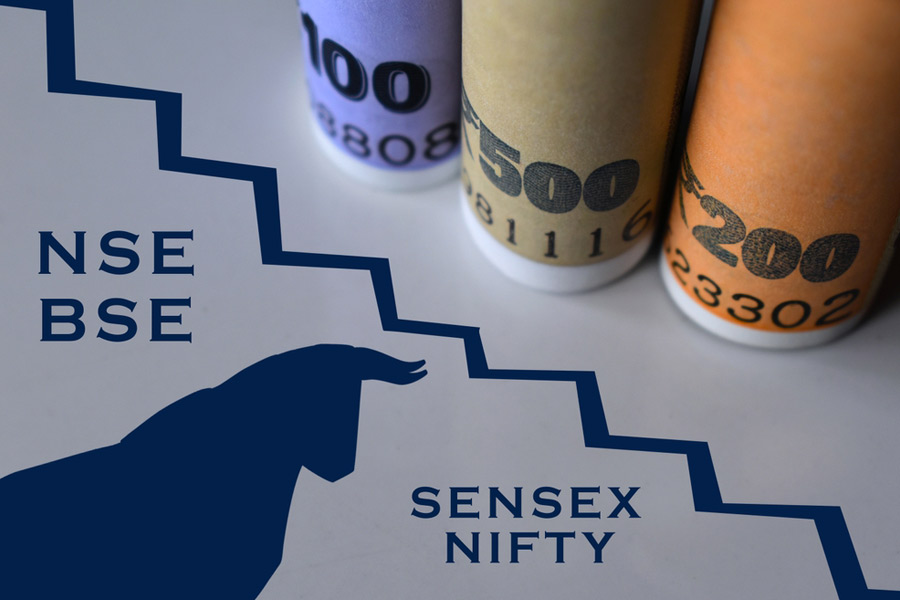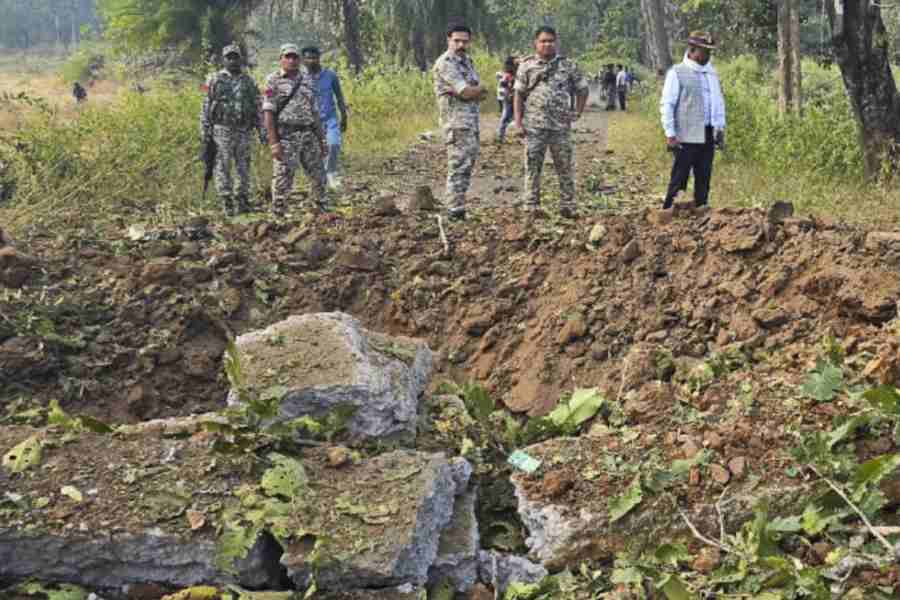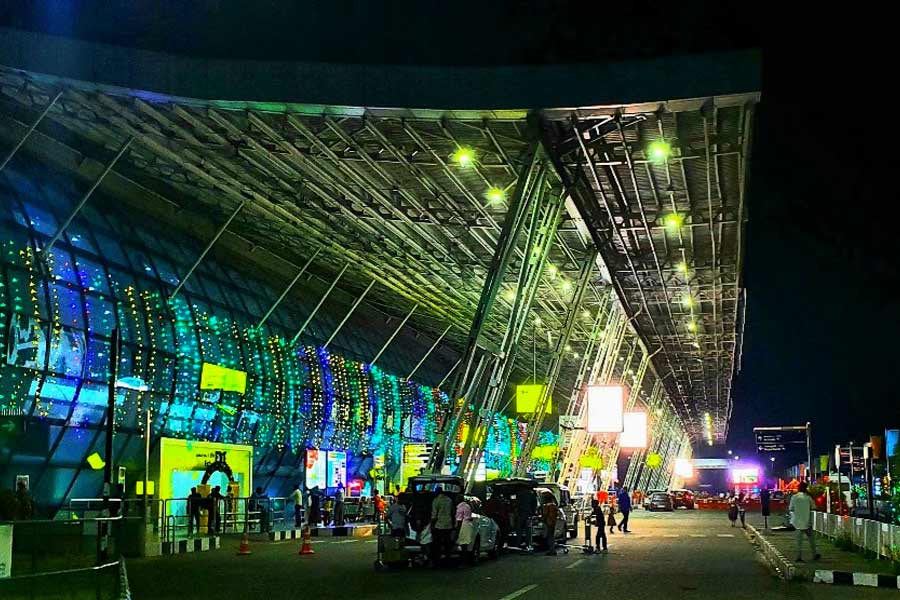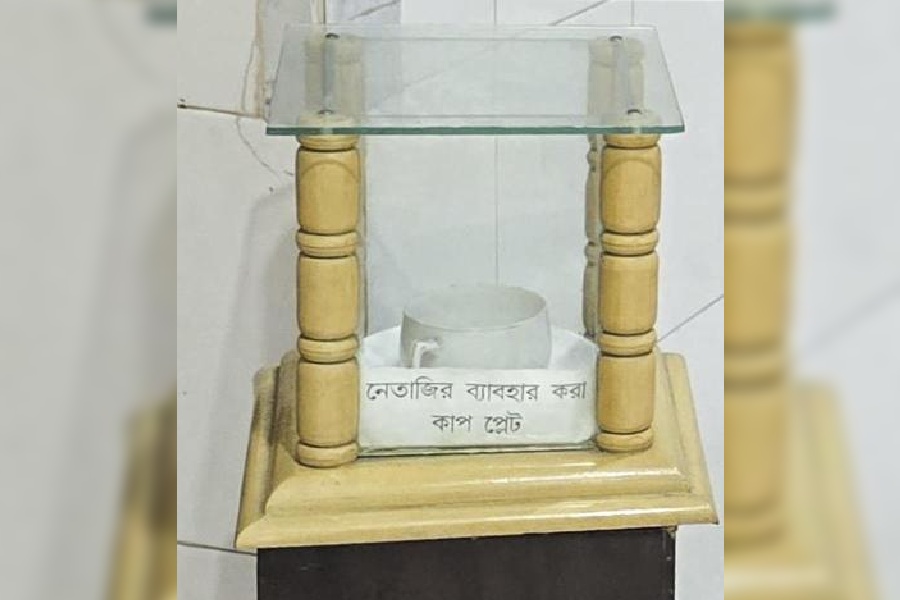The Supreme Court on Friday wondered “what have we reduced religion to” and “where have we reached”, directing police to act on their own against anyone making hate speeches “without looking at the religion of the accused”.
“Article 51 (of the Constitution) says we should develop a scientific temper. Where have we reached? What have we reduced religion to? It is tragic and we speak of the scientific temper in the 21st century,” Justice K.M. Joseph, at the head of a bench that included Justice Hrishikesh Roy, remarked.
Petitioner Abdullah Shaheen has alleged police inaction in Delhi, Uttar Pradesh and Uttarakhand on hate speeches delivered against Muslims last December and January, and a speech by the BJP parliamentarian from Delhi, Parvesh Verma, on October 9 this year.
“There cannot be fraternity unless members of community drawn from different religions or castes of the country are able to live in harmony,” the apex court’s written order, uploaded in the evening, said.
The court directed the police commissioner of Delhi and the DGPs of Uttarakhand and Uttar Pradesh to:
- File a report each on “what action has been taken” on “the subject matter of this writ petition”.
- “Ensure that immediately as and when any speech or any action takes place (that spreads hate about a community), suo motu action will be taken to register cases even if no complaint is forthcoming and proceed against the offenders in accordance with law.”
- Issue directives “to their subordinates so that appropriate action in law will be taken at the earliest”.
- Note that “such action will be taken irrespective of the religion that the maker of the speech or the person who commit(s) such act belongs to, so that the secular character of Bharat as is envisaged by the Preamble, is preserved and protected”.
- Note that “any hesitation to act in accordance with this direction will be viewed as contempt of this court and appropriate action will be taken against the erring officers”.
In the speech by Verma that is under the apex court’s scanner, he is alleged to have instigated Hindus not to buy goods from Muslim traders or pay wages to Muslim workers.
During the day’s hearing, senior advocate Kapil Sibal, representing the petitioner, mentioned Verma’s purported statement and said: “The administration does nothing against such speeches.”
Justice Joseph then read out (from his files) documents submitted by the petitioner, noting the reported statement by Verma that “…if need be, will slit their throats”.
Referring to the hate speeches the top court is considering, Justice Roy remarked: “The statements are really very shocking, that too for a country that is to be religion neutral.”
The court’s written order spoke of “the growing climate of hate in the country” which, it noted, the petitioner attributed to “an unending flow of what is described as hate speeches being made by various persons against the Muslim community”.
It referred to the petitioner’s “despondency and angst arising from the perception that despite 2 suitable provisions in penal law being available, there is inaction or rather total inaction”.
“The Constitution of India envisages Bharat as a secular nation, and fraternity assuring the dignity of the individual and unity and the integrity of the country is the guiding principle enshrined in the Preamble,” the order said.
“We feel that this court is charged with the duty to protect the fundamental rights and also preserve the constitutional values and the secular democratic character of the nation and in particular, the rule of law. The matter needs examination, and some form of interim directions.”
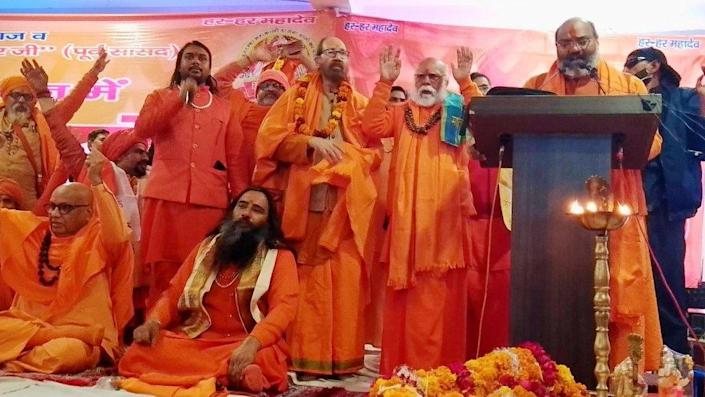
The controversial Dharma Sansad in Haridwar File Picture
Earlier, a visibly agitated Sibal had told the court: “We shouldn’t be coming to this court. We have filed many complaints. This court, or the administration, never takes any action. The court always seeks status reports.”
The bench said: “You were law minister? Was there any proposal then?”
Sibal, who had been UPA law minister from May 2013 to May 2014, said an attempt had been made to build consensus on the issue of hate speeches at the time but it could not be finalised.
He sought the constitution of a special investigation team “to make sure that it (hate speeches) doesn’t get repeated”.
The bench asked: “Are Muslims also making hate speeches?”
Sibal said they were not. “If they were, would they be spared?” the lawyer asked.
Among the widely publicised hate speeches delivered last winter were calls for genocide against Muslims, sounded at a Dharma Sansad in Haridwar, Uttarakhand, and at a Hindu Vahini event in Delhi. It could not be ascertained whether the petition cites these instances.

